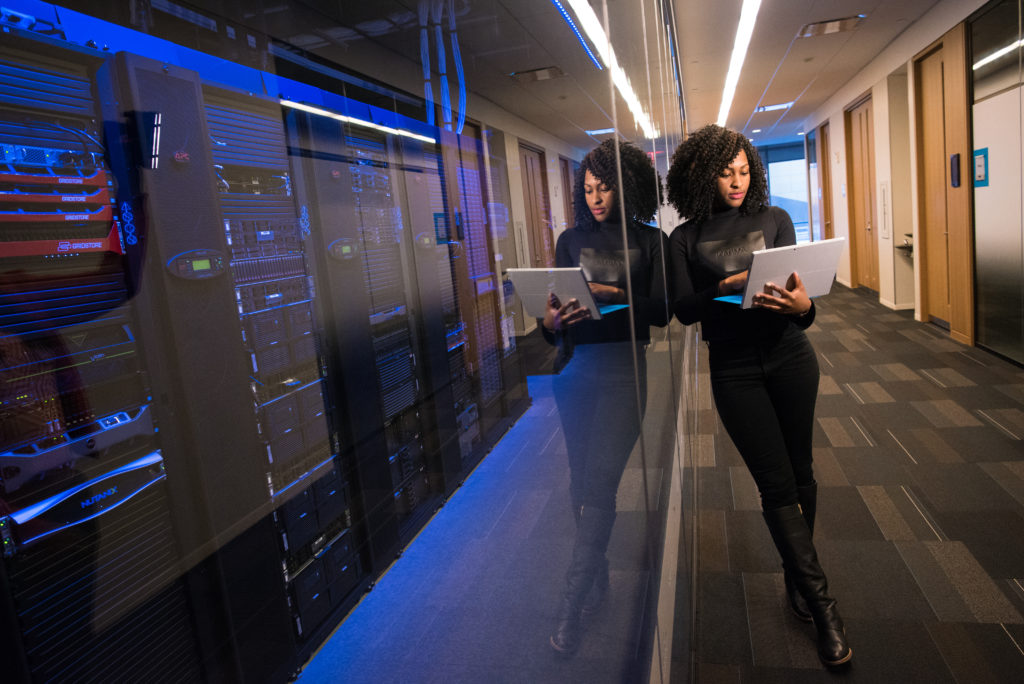
With breach attempts and cyberattacks increasing, many enterprises are looking at artificial intelligence (AI) solutions to identify and thwart incoming threats. While AI is currently most often deployed in a contact center setting to assist agents in the smooth resolution of customer issues, this rapidly evolving technology can also help IT professionals deal with security risks.
A recent report from Capgemini Research Institute, “Reinventing Cybersecurity with Artificial Intelligence,” calls AI “the new frontier in digital security.” The firm surveyed 850 senior IT executives across 10 countries and found only one in five organizations was using AI for security applications before 2019. However, adoption is poised to skyrocket, with almost two out of three organizations planning to employ AI by 2020.
That means enterprises need to be training their cyber analysts to be AI-ready and understand key processes within the organization to ensure the AI algorithm can close potential threat entry points. IT leaders should also install governance processes to ensure the AI produces the expected outcomes and that the AI itself has not been compromised.
The growing importance of AI is emphasized by J. Eduardo Campos in a new book, “From Problem Solving to Solution Design: Turning Ideas into Actions,” co-authored with his wife, Erica. Campos spent 13 years at Microsoft, first as a cybersecurity advisor before leading innovative government projects. He now has an independent consulting firm, Embedded Knowledge Inc.
“AI is a fundamental tool going forward due to the approaching 5G-enabled world, where massive amounts of data will need to be analyzed in real time,” said Campos. The robust 5G networks will empower machine-to-machine communications, and the new wireless technology will be faster, carry more information per second, and interconnect sensors, devices, and computers at large scale, he added
“With more data flowing at higher speeds, only AI solutions will be able to handle such high volume of transactions while monitoring applications and sensors at the edge of companies’ networks.”
Campos said there are several reasons AI can be an effective cybersecurity tool for IT professionals concerned about protecting their enterprises:
System-entry protection
AI systems can scan the retina and fingerprints for biometric logins, identifying small changes in patterns — a more secure point of entry than traditional passwords provide. “Hackers cracking passwords open Pandora’s Box,” Campos said. “Passwords are vulnerable to cyberattacks, and personal information such as credit cards are easily compromised. Changing passwords alone isn’t a solution. Biometric systems lower your risk of breaches because biological characteristics are hard to duplicate.”
Enhanced threat detection and attack prevention
Cybersecurity firms are training AI systems to detect malware and viruses by using special algorithms. “This enables AI to use pattern recognition, which helps identify malicious software and isolate them,” Campos said. “AI systems are being trained to recognize ransomware before it encrypts. The predictive analytics AI uses are much faster than a manual approach.”
Time and cost saving
The average overall time to detect threats and respond to breaches is reduced by up to 12 percent when deploying AI systems, according to Campos. “This time reduction occurs by repeatedly scanning for anomalies that show threat patterns,” he said. “AI used in fraud detection has saved some companies millions.”
Natural language processing
This is a subfield of computer science, information engineering and AI related to programming computers to process natural language data and narrow down the most pertinent information. “AI-powered systems can collect data for reference by scanning articles and studies on cyber threats, helping organizations prepare effective strategies,” Campos says.
While there are no guarantees against a cyberattack, AI solutions can enhance the ability of IT professionals to identify and respond to potential intrusions in real time. As Campos said, “AI certainly takes cybersecurity a step further, and businesses of all sizes are taking notice at a time when threats are always knocking at the door.”

